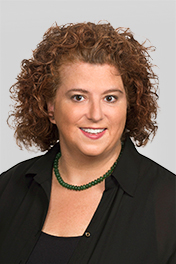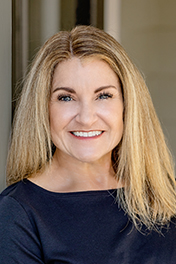Calculating Buyer Closing Costs
May 20, 2010 by Katy Duggan · Leave a Comment
Laura Duggan talks with lender, Ben Morton about the typical closing costs that a buyer pays when making a home purchase. Ben outlines these expenses that fall into four main categories—the lender costs, the title costs, insurance costs and escrows of taxes and insurance.
The lender is required within three days after a property is identified to give the buyer a “Good Faith Estimate” of all the closing costs. Federal law prohibits these costs from varying more than 10% so the lender is highly motivated to give the best estimate possible from the beginning.
The lender charges a fee for the property you are purchasing to be appraised. A typical appraisal will cost approximately $350-400. The appraisal is paid for in advance at loan application and ordered after the conclusion of the option period. The lender also charges a loan origination fee (usually 1% of the loan amount) and a loan processing and underwriting fees that cover staff time to do the loan verifications and work up the loan package. The underwriting fee covers review of the loan package. These fees vary but typically run $700-800 together. Sometimes buyers want to “buy down” the interest rate so that their payments are lower. In this case, the lender charges a loan discount fee which is prepaid interest that the buyer pays to the lender to buy down the interest rate.
It is important to note that sellers can pay for a portion of the closing costs for the buyer but they must be negotiated and written into the contract to purchase the home. The lender limits the amount of money that the seller can pay toward these costs, but this is often a helpful source of funds when contemplating a home purchase.
Title fees are paid to the title company for holding the earnest money in escrow until the closing, for coordinating with the lender and the parties to the contract and for closing and dispersing the funds. The title company charges the buyer and the seller a fee usually ranging from $250 to $300 each. The escrow officer at the title company orders the survey if one is not provided. This is typically a buyer expense, but it is negotiable as to who pays for it. A survey is important because it outlines the property boundaries and recorded easements. Surveys typically run $450-700 depending on the size of the parcel. Attorney fees to prepare the note and deed of trust are also charged to the buyer and run $200-300 depending on the loan. Finally, there are recording fees to record the instruments at the court house that run $50-100.
The lender will require one year of homeowner’s insurance be paid to the insurance company in advance. The title company will ask them to provide proof of insurance at closing. Then, two months of insurance and 6 months of taxes are charged and escrowed with your lender so that at the end of the year there is money in the escrow account to pay the taxes and renew the insurance.
Fees and rates vary among lenders. You should only use a reputable source.





